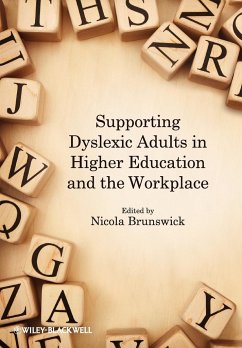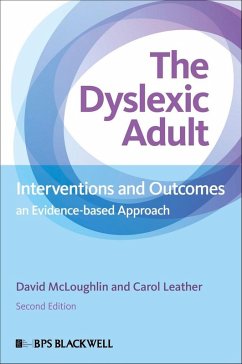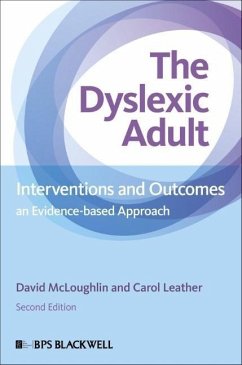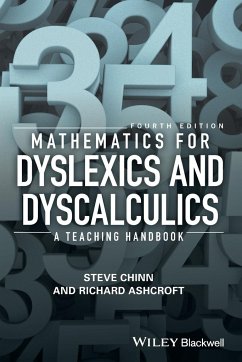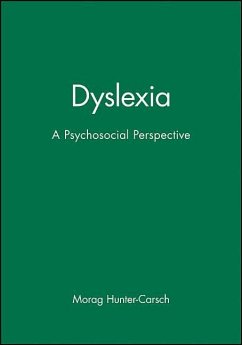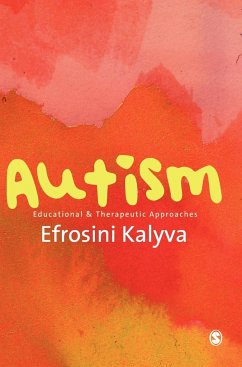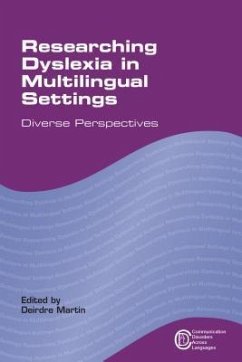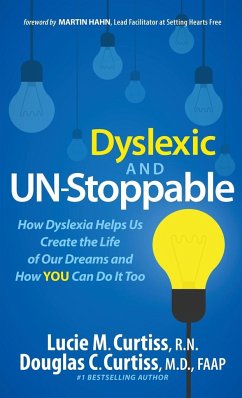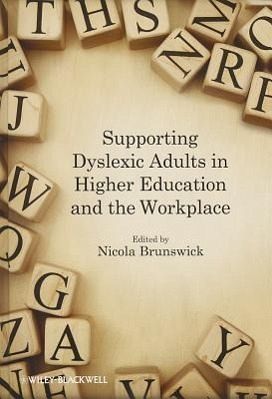
Supporting Dyslexic Adults in Higher Education and the Workplace
Versandkostenfrei!
Versandfertig in über 4 Wochen
102,99 €
inkl. MwSt.
Weitere Ausgaben:

PAYBACK Punkte
51 °P sammeln!
Supporting Dyslexic Adults provides an overview of the latest research and best practice in supporting adults with dyslexia in higher education and employment. Many of these individuals may have received little or no dyslexia-specific support throughout their school lives; some will not have had their dyslexia identified until they reached university or started work. This book provides guidance on practical support that can be offered to dyslexic adults, and processes which can alleviate the emotional issues they face. The first section of the book focuses on dyslexia in higher education; it c...
Supporting Dyslexic Adults provides an overview of the latest research and best practice in supporting adults with dyslexia in higher education and employment. Many of these individuals may have received little or no dyslexia-specific support throughout their school lives; some will not have had their dyslexia identified until they reached university or started work. This book provides guidance on practical support that can be offered to dyslexic adults, and processes which can alleviate the emotional issues they face. The first section of the book focuses on dyslexia in higher education; it covers screening and identifying dyslexia in adulthood, and offers hands-on assistance for dyslexic students, to enhance their learning. Examples of successful practical support from universities and colleges are included to guide practitioners. The second section advises on supporting dyslexic adults in the workplace, preparing individuals for work, and offering strategies on disclosing their particular needs to employers and colleagues. It also considers the legal aspects of dyslexia support and crucially highlights the skills and strengths that dyslexic adults can bring to the workplace. Contributions are written by a wide range of experts in the field. Each one possesses a wealth of practical experience which provides invaluable guidance for dyslexic adults, professionals who support dyslexic adults, and employers of dyslexic staff.




